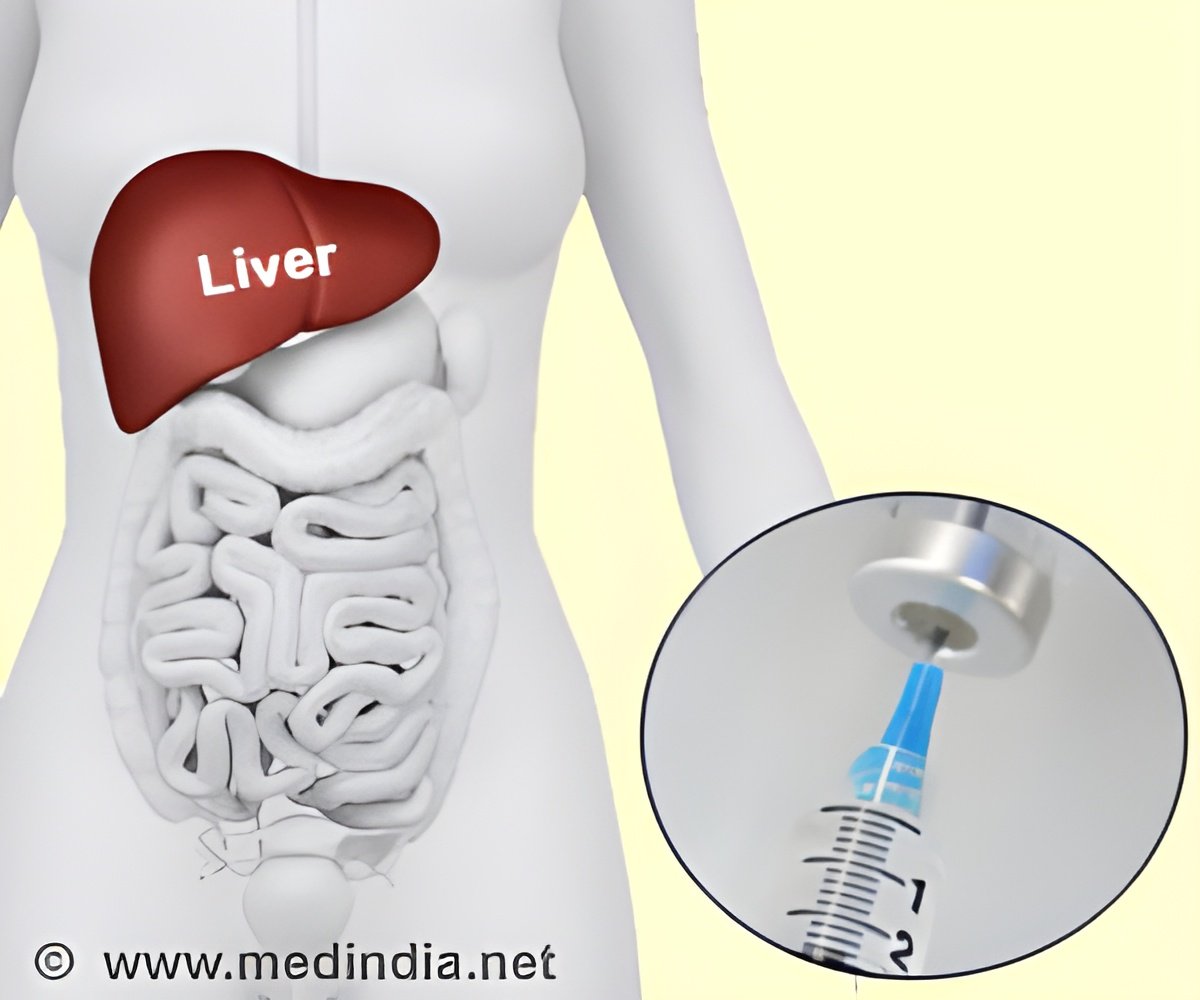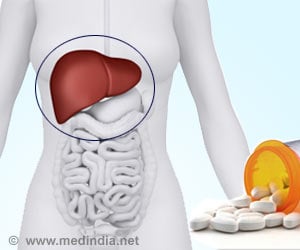The WHO called for a dramatic increase in screening and treatment of hepatitis C, saying higher demand would help drive down the cost of drugs for the disease.

Some 350,000 people die of hepatitis C-related liver diseases annually, and as many as four million people become infected each year, according to the WHO, which on Wednesday released its first-ever guidelines on fighting the disease.
Hepatitis C is caused by a virus that can be transmitted through sharing needles, receiving contaminated blood transfusions or having sex with an infected person.
No vaccine exists for the disease, but new antiviral treatments like Gilead Sciences' Sofosbuvir, recently approved in the United States and the European Union, have been shown to cure more than 90 percent of those treated, up from 50 to 60 percent for the previous generation of drugs.
But with a price tag of $84,000 (61,000 euros) for a 12-week treatment of Sofosbuvir in the United States -- or about $1,000 a tablet -- few can afford it, WHO expert Peter Beyer said.
Producing that drug meanwhile costs only between $68 and $136 per treatment, Beyer said, insisting the market for the drugs needed to be vastly expanded to spur more competition and help shrink the prices.
Advertisement
- 'Power of scaling up' -
Advertisement
Stefan Wiktor, head of WHO's Global Hepatitis Programme, pointed to Egypt as an example of how countries can use "the power of scaling up" to push down prices.
Egypt has the world's highest infection rate of hepatitis C at more than 10 percent of the population because syringes are routinely re-used, according to WHO.
The country, which has prioritised beating the disease and has treated more than 300,000 people, has negotiated a 12-week treatment price of just $900 from Gilead.
WHO expects more new drugs to hit the market soon, which could help bring down prices and broaden access, Wiktor said.
Securing a decent price is only part of the battle though.
Most cases of hepatitis C, which shows no symptoms until a person develops liver damage or cancer, go undetected, with only two to three percent of sufferers in the European Union, for instance, receiving treatment.
"Many people remain unaware, sometimes for decades, that they are infected with hepatitis C," said WHO expert Andrew Ball, calling for the screening of all people at risk of carrying the disease.
Hepatitis C statistics are sketchy, but WHO says the disease in developing countries like Egypt, or Pakistan, where nearly five percent of the population is infected, is usually contracted in a healthcare setting.
In Europe, the United States and other wealthy nations, intravenous drug use is usually the cause.
Worldwide, 69 percent of drug injectors are infected with the liver disease, according to WHO.
Yet current and former drug users are often denied treatment, Wiktor lamented, insisting on the benefit of treating everyone with chronic hepatitis C.
Source-AFP














